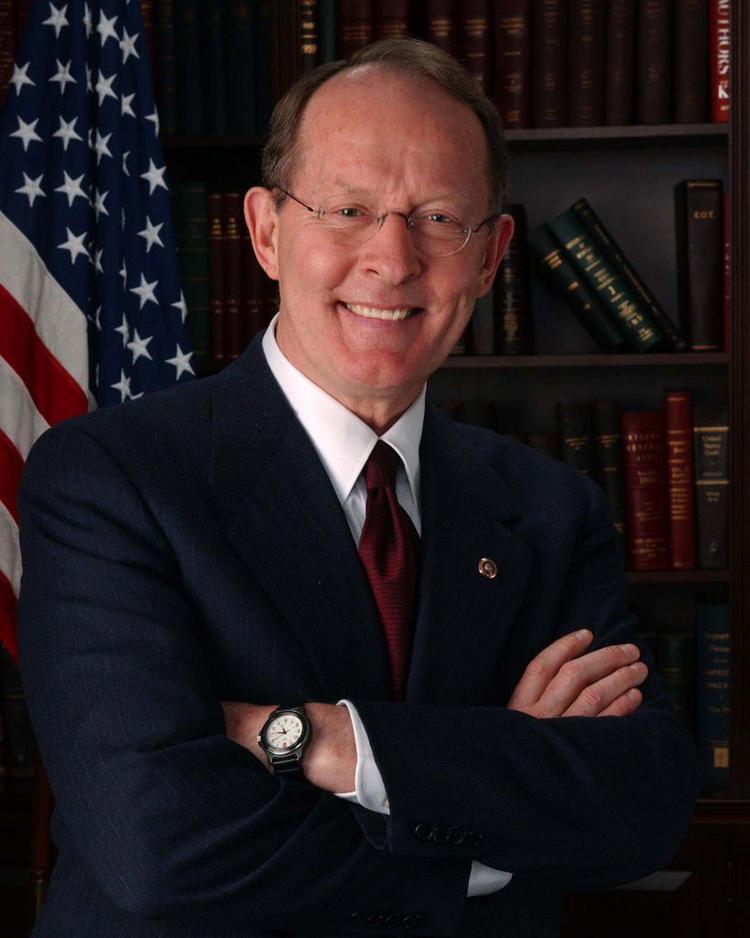TN | Lamar Alexander, U.S. Senator | February 4, 2019
A link to this article can be found at https://www.elkvalleytimes.com

A year ago, funding nearly ran out for the over 190 community health center sites in Tennessee. So this week, I held a hearing in the Senate health committee on legislation I’ve introduced to make sure that doesn’t happen again.
Community health centers are one of the most effective ways that we can help serve the people of Tennessee. Over 400,000 Tennesseans use community health centers every year to get their primary care, dental, and behavioral health services — they provide families with access to affordable health care close to home, are open every day, and can get you quickly to a nearby hospital if you have a serious medical need.
I visited Lewis Health Center last year in Hohenwald, Tennessee, a community health center that I believe should serve as a model for rural health care providers.
After Lewis County’s only hospital closed, the closest emergency room for its 12,000 residents was 30 minutes away. The old hospital building was turned into the Lewis Health Center, a community health center that operates as something between a clinic and full hospital.
Lewis Health Center estimates they can deal with about 90 percent of patients that walk in the door. The center offers a wide range of health care, including preventive care, management of chronic conditions like asthma or high blood pressure, vaccines, and prenatal care. Their doctors and nurses have a full laboratory to run tests, can perform X-rays or give IVs, and they keep an ambulance ready to take patients to a partnering hospital if they need more care.
At the hearing, we heard from Dr. Dennis Freeman, CEO of Cherokee Health Systems in Tennessee, which integrates behavioral health and primary care for its patients in rural to inner city areas. Health centers like these accept private insurance, Medicare and Medicaid, and charge patients based on a sliding fee scale so that those who are in need of care receive it, regardless of ability to pay.
Community health centers have also been an important part of combating the opioid crisis that has impacted virtually every community across the country. Last year, the U.S. Department of Health and Human Services provided over $350 million in funding specifically to support community health centers administering care for Americans in need of substance use disorder or mental health services. And in 2017, 65,000 Americans received medication-assisted treatment for substance use disorders at community health centers.
To cover their costs, community health centers rely partly on federal funding, and Congress has to act by the end of September to make sure the centers continue to receive this federal funding so that they can keep their doors open for Tennesseans.
Senator Patty Murray of Washington and I have introduced legislation to extend that funding for the next five years so that Tennesseans can rely on community health centers to be open and available when they need them.
Community health centers like Lewis Health Center, and many others across the country, are one of the best ways for families to access affordable health care close to home, and I hope my legislation to keep them open and operational is signed into law before the end of September when their funding runs out.
Share this Post












